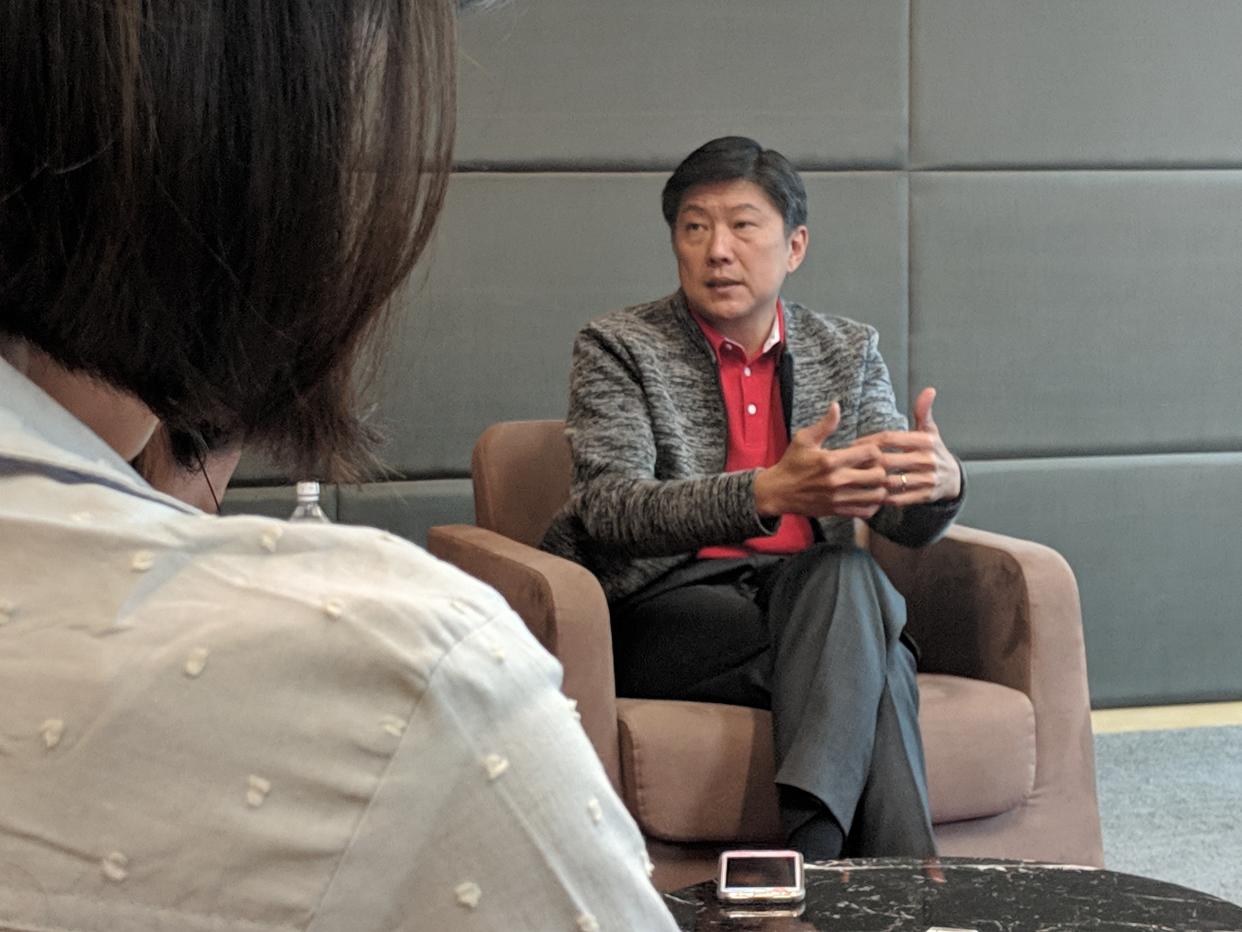Singapore's tripartite partners in 'advanced stage' of setting new retirement, re-employment ages: Ng Chee Meng

SINGAPORE — Singapore’s tripartite partners are in the “advanced stage” of determining the new retirement and re-employment ages with “good progress made”, said National Trades Union Congress (NTUC) secretary-general Ng Chee Meng.
“We still need a little more time to iron out some of the details but once a consensus has been reached, we will ensure that changes are implemented in a phased approach so that all stakeholders have adequate time to adapt,” said Ng, who was speaking to reporters after a media briefing on Monday (22 April).
NTUC’s tripartite partners include the Singapore National Employers Federation (SNEF) and the Ministry of Manpower (MOM).
It was announced last month that the Tripartite Workgroup on Older Workers, formed in May last year, had come to a consensus that both the retirement and re-employment ages should be raised.
Details on how far and how fast the ages should be raised will be made available later this year.
“At this year’s budget debate, our Labour Nominated Member of Parliament Arasu Duraisamy had asked for the retirement and re-employment ages to be moved up to 65 and 70 respectively. This is the Labour Movement’s aspiration,” added Ng, who is also MP for Pasir Ris-Punggol GRC and Minister in the Prime Minister’s Office.
Since its legislation in 1993, Singapore’s retirement age has been raised once in 1999, from 60 to 62.
In 2012, re-employment legislation was enacted to require employers to re-employ eligible employees who have reached the retirement age until they turn 65. This was raised to 67 on 1 July 2017.
About 20 unionised companies in Singapore have either raised their retirement ages beyond the mandatory age of 62 or do not stipulate any in their employment contracts.
Among those which have raised the retirement ages are Gardens by the Bay, Singapore American School, ComfortDelGro and Bukit Timah Saddle Club. Novotel Singapore Clarke Quay does not state a retirement age in employment contracts.
The majority of these companies re-employ mature workers without adjusting salaries and benefits.
“We are conscious that businesses will be concerned about the impact on cost and this is where we will help our older workers upskill and reskill so that they can contribute productively if they so wish to continue working,” added Ng.
Setting up more ‘training committees’
To help both companies and workers keep up with industry transformation, NTUC will accelerate its adoption of “training committees” by targeting to set them up in 1,000 companies across all six Industry Transformation Map groups in the next three years.
This is estimated to benefit some 330,000 workers to prepare them for what Ng termed as Industry 4.0.
“Securing better work prospects for workers is a key imperative given the fourth industrial revolution, or Industry 4.0. Workers must be trained in tandem, as Workers 4.0, to not only keep up with this transformation, but secure better work prospects,” Ng and NTUC president Mary Liew said in the Labour Movement May Day 2019 Message on Thursday.
Announced in Parliament in February, the pilot project currently has management staff from 18 companies working together with union leaders to set up these committees, said the joint message.
A dedicated group of training specialists will work with union leaders and industrial relations officers to implement the committees on the ground.
This comes as NTUC marks the 50th anniversary of its modernisation seminar, where NTUC and the government began a more collaborative approach with businesses.
“NTUC will work with government agencies to put in the necessary key performance indicators, so that we both measure the grants that the government (give) companies as well as with worker outcomes,” said Ng.
Related stories:
NTUC chief Ng Chee Meng calls on more employers to raise workers’ retirement age


